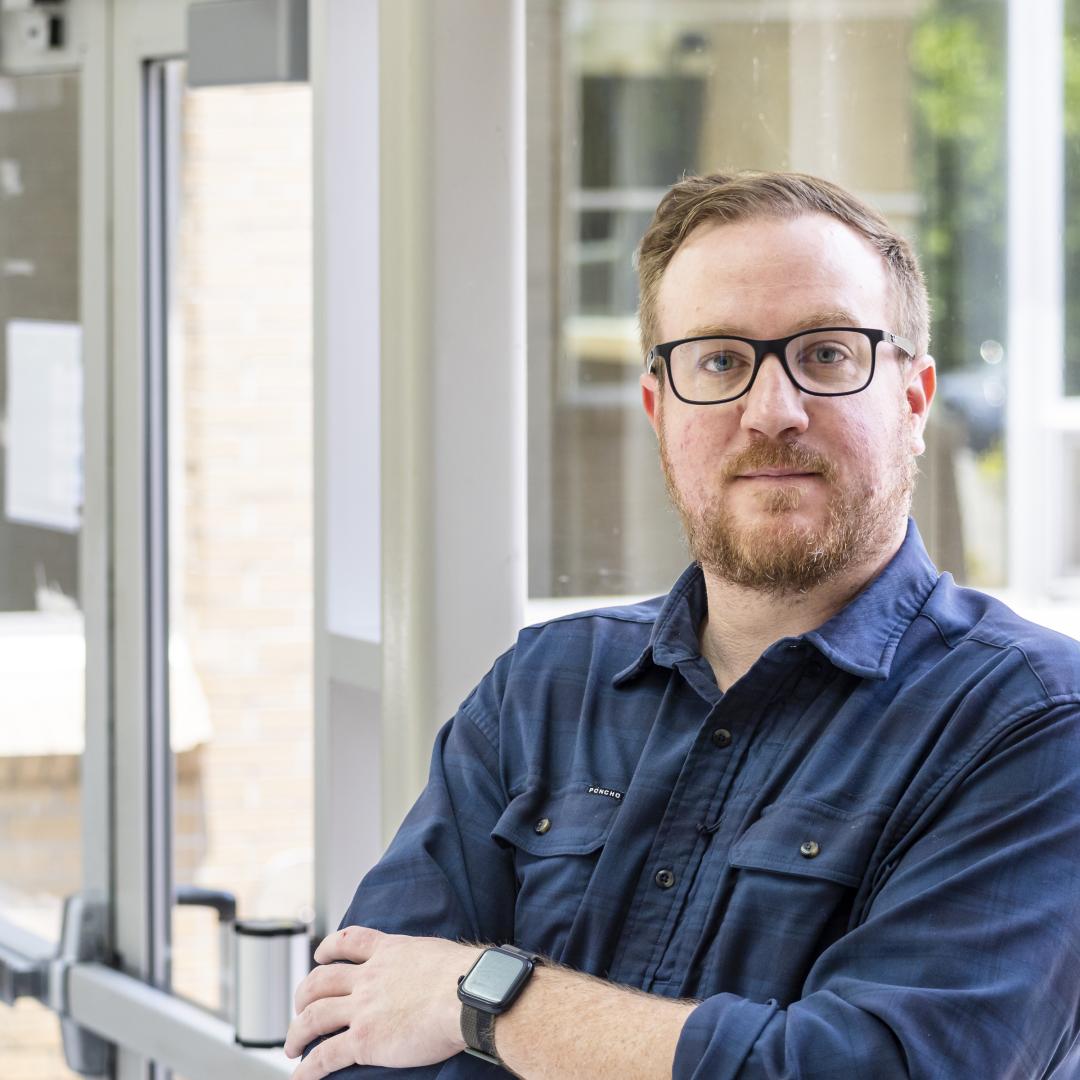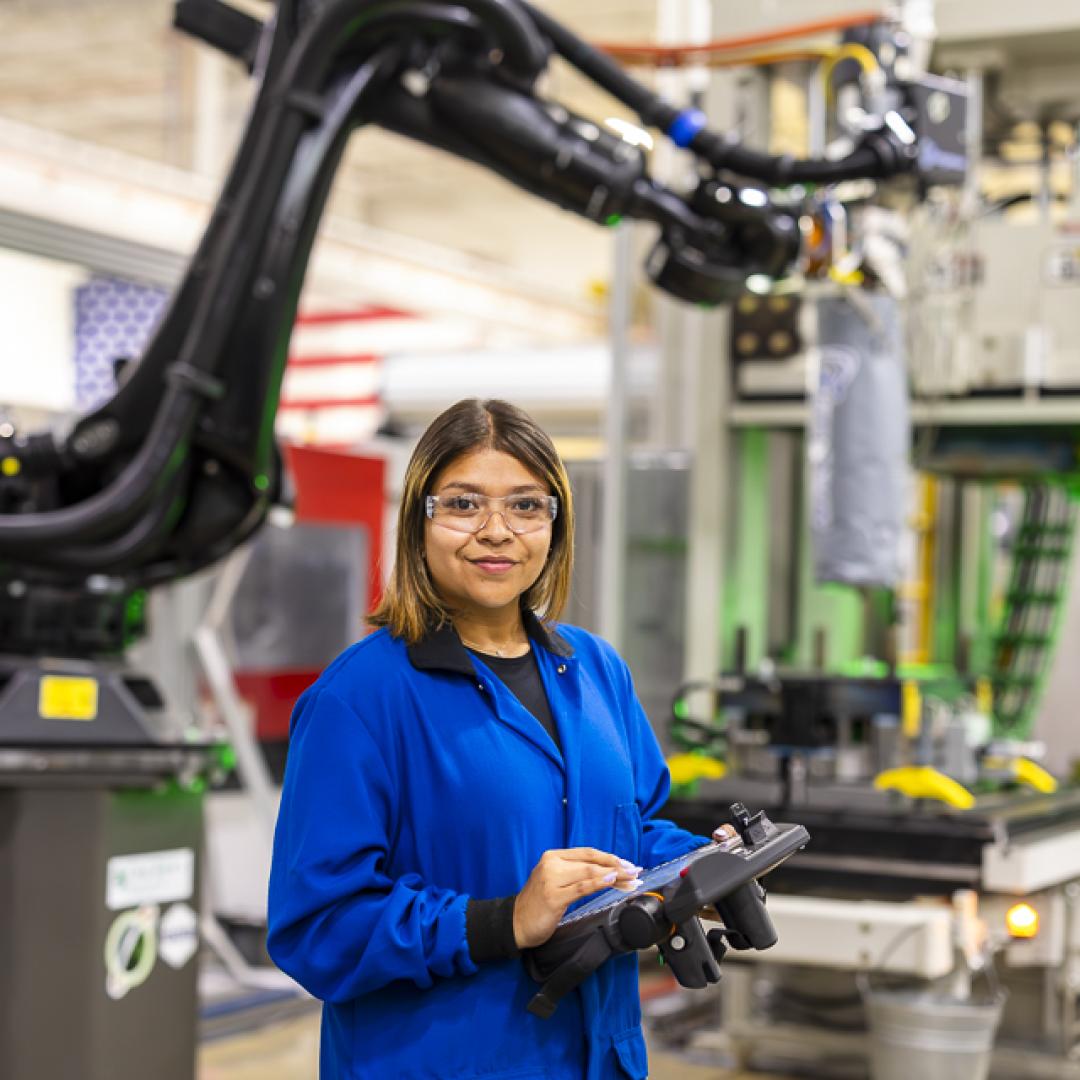
Filter News
Area of Research
- (-) Clean Energy (15)
- Advanced Manufacturing (1)
- Biology and Environment (26)
- Computational Biology (1)
- Fusion and Fission (12)
- Fusion Energy (1)
- Isotopes (7)
- Materials (10)
- Materials for Computing (6)
- National Security (3)
- Neutron Science (7)
- Nuclear Science and Technology (1)
- Quantum information Science (2)
- Supercomputing (13)
News Type
News Topics
- 3-D Printing/Advanced Manufacturing (6)
- Advanced Reactors (1)
- Bioenergy (2)
- Biology (2)
- Buildings (1)
- Chemical Sciences (1)
- Climate Change (2)
- Composites (1)
- Computer Science (1)
- Coronavirus (1)
- Decarbonization (1)
- Energy Storage (6)
- Environment (4)
- High-Performance Computing (2)
- Materials (4)
- Materials Science (1)
- Microscopy (1)
- Nanotechnology (2)
- Neutron Science (1)
- Nuclear Energy (1)
- Polymers (1)
- Security (1)
- Summit (1)
- Sustainable Energy (2)
- Transportation (3)
Media Contacts

Through a consortium of Department of Energy national laboratories, ORNL scientists are applying their expertise to provide solutions that enable the commercialization of emission-free hydrogen fuel cell technology for heavy-duty
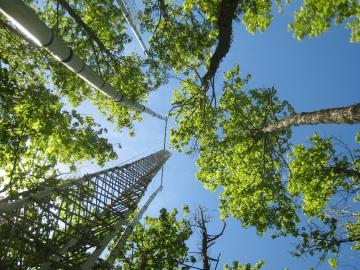
Oak Ridge National Laboratory was among an international team, led by Lawrence Livermore National Laboratory, who synthesized 108 elevated carbon dioxide, or CO2, experiments performed in various ecosystems to find out how much carbon is
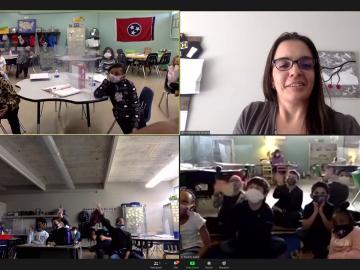
Twenty-seven ORNL researchers Zoomed into 11 middle schools across Tennessee during the annual Engineers Week in February. East Tennessee schools throughout Oak Ridge and Roane, Sevier, Blount and Loudon counties participated, with three West Tennessee schools joining in.
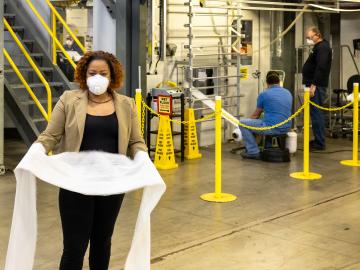
Three technologies developed by ORNL researchers have won National Technology Transfer Awards from the Federal Laboratory Consortium. One of the awards went to a team that adapted melt-blowing capabilities at DOE’s Carbon Fiber Technology Facility to enable the production of filter material for N95 masks in the fight against COVID-19.
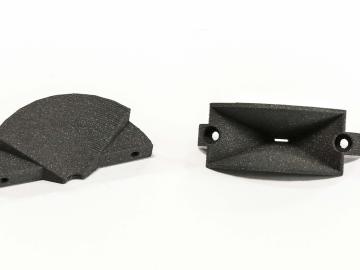
The ExOne Company, the global leader in industrial sand and metal 3D printers using binder jetting technology, announced it has reached a commercial license agreement with Oak Ridge National Laboratory to 3D print parts in aluminum-infiltrated boron carbide.


